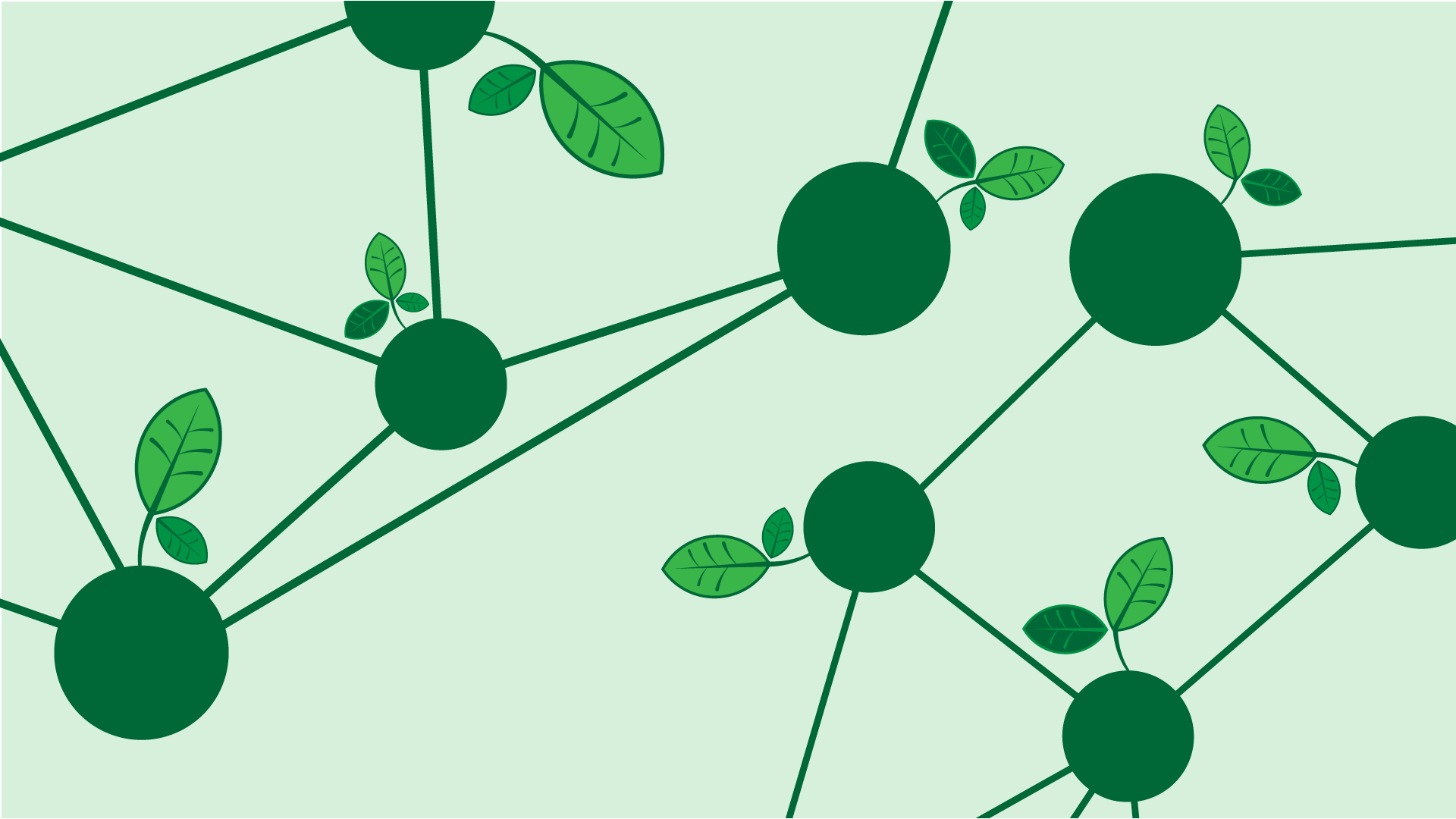The extreme weather we are currently experiencing provides clear evidence that our climate is changing rapidly. The science is clear: climate change is caused by an increase in the average global temperature, which itself has resulted from the CO2 and other greenhouse gases emitted by burning fossil fuels. Global warming is human induced, and the unfolding climate emergency demonstrates that the contemporary globalised economy is out of balance with nature. Business as usual is self-evidently not sustainable without causing greater damage to human and environmental systems. Dysfunctional human systems are not only unsustainable for the environment, but they generate social unsustainability in terms of modern slavery, poverty, gender inequality etc.
The only way to address the multiple crises that the world is currently facing is to make the transition from unsustainability to sustainability. The recent United Nations (UN) publication, The Closing Window, emphasised the urgency of the situation and called for a ‘rapid transformation of societies’. The problem is that despite ambitious targets the world is collectively failing to make the transition at the scale and pace required. Despite the pledges and commitments that governments have made, the concentrations of CO2 in the atmosphere continue to rise. The UN has established 17 Sustainable Development Goals (SDGs) to address the global challenges but Secretary General Antonio Guterres has admitted that the world is way off track to achieve these goals by 2030. Across government and businesses there has been plenty of talk but too little concrete action.
The scale of these global problems can feel overwhelming, and it becomes difficult to see how we can make a difference in our own organisation, business, or as individual citizens. Achieving social transformation requires sustainability transitions at multiple levels: government, business, and local communities. It involves a transition across all sectors of the economy, including food production, energy, and transport. Individual businesses can start with reflecting on the extent to which their current business and operating models are unsustainable i.e. they generate social and/or environmental harm.
The current generation has the responsibility to act now and make the transition to sustainability. We simply cannot waste the next 10 years setting targets and failing to deliver. The University of Lincoln, as a civic university, accepts that it has a responsibility to actively enable and support the transition to sustainability in our region. Lincoln International Business School (LIBS) is working to develop and facilitate a network of businesses and other organisations that can work together to design and deliver the sustainability transition in Lincolnshire.
This series of LIBS connect events provides a forum for collaboration, knowledge sharing and creative solution generation. It provides participants with the opportunity to share latest ideas and to co-design sustainable transition pathways. It will provide an opportunity to identify the new services, products and types of organisations that will be required to realise a Sustainable Lincolnshire. The events also provide the opportunity to identify the sources of support and funding that businesses will require to enable them to make the transition.
